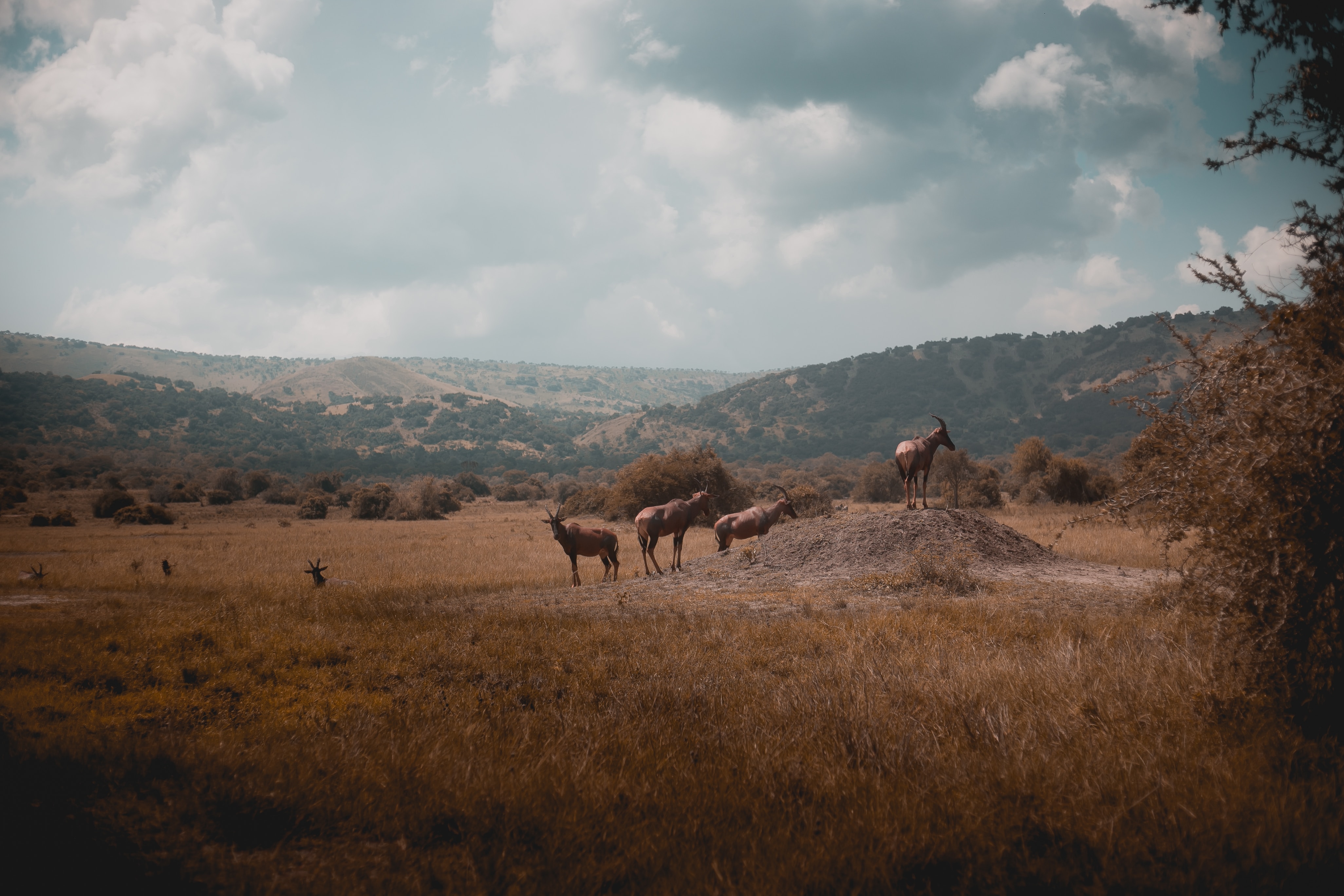The Barefoot Woman: An Evening with Scholastique Mukasonga

Join Scholastique Mukasonga, author of Cockroaches (listed by The New York Times as one of the 50 best memoirs published since 1969), and professor and translator Kaiama L. Glover for a discussion on her latest memoir, The Barefoot Woman, published by Archipelago Books, and translated from the French by J. Stump.
The Barefoot Woman is Mukasonga’s loving, funny, devastating tribute to her mother Stefania, a tireless protector of her children, a keeper of Rwandan tradition even in the cruelest and bleakest of exiles, a sage, a wit, and in the end a victim, like almost the entire family, of the Rwandan genocide. But it’s also a wry, sharp-eyed portrait of the world her mother lived in, from its humblest commonplaces (beer, sorghum, bread) to its deepest horrors (rape, murder, unimaginable loss).
“Radiant with love… The Barefoot Woman powerfully continues the tradition of women’s work it so lovingly recounts. In Mukasonga’s village, the women were in charge of the fire. They stoked it, kept it going all night, every night. In her work — six searing books and counting — she has become the keeper of the flame.” — The New York Times
In English. Free and open to the public. No RSVP necessary.
Kaiama L. Glover is Ann Whitney Olin Professor of French & Africana Studies. Having received a B.A. in French History and Literature and Afro-American Studies from Harvard University and a Ph.D. in French and Romance Philology from Columbia University, Professor Glover joined the faculty in 2002. She is the author of Haiti Unbound: A Spiralist Challenge to the Postcolonial Canon (Liverpool UP 2010), and has co-edited several works, including New Narratives of Haiti for Transition magazine (2013), Translating the Caribbean for Small Axe (2015), Marie Vieux Chauvet: Paradoxes of the Postcolonial Feminine for Yale French Studies (2016); The Haiti Exception (2016), and The Haiti Reader (2019). Glover has translated several works of fiction and non-fiction from French to English, notably Frankétienne’s Ready to Burst (2014), Marie Chauvet’s Dance on the Volcano (2016), René Depestre’s Hadriana in All My Dreams (2017), and Françoise Vergès’s The Wombs of Women: Capitalism, Racialization, Feminism (2019).
She is an awardee of the PEN/Heim Foundation, the National Endowment for the Arts, the National Endowment for the Humanities, and the Mellon Foundation.
In 2018-2019 she was a resident Fellow at the Columbia Institute for Ideas and Imagination in Paris, France where she began work on her new book project, René Depestre: For the Love of Revolution.
Born in Rwanda in 1956, Scholastique Mukasonga experienced from childhood the violence and humiliation of the ethnic conflicts that shook her country. In 1960, her family was displaced to the polluted and under-developed Bugesera district of Rwanda. Mukasonga was later forced to leave the school of social work in Butare and flee to Burundi. She settled in France in 1992, only two years before the brutal genocide of the Tutsi swept through Rwanda. In the aftermath, Mukasonga learned that 27 of her family members had been massacred. Twelve years later, Gallimard published her autobiographical account Inyenzi ou les Cafards, which marked Mukasonga’s entry into literature. This was followed by the publication of La femme aux pieds nus in 2008 and L’Iguifou in 2010, both widely praised. Her first novel, Notre-Dame du Nil, won the Ahmadou Kourouma prize and the Renaudot prize in 2012, as well as the 2013 Océans France Ô prize, and the 2014 French Voices Award, and was shortlisted for the 2016 International Dublin Literary award.

